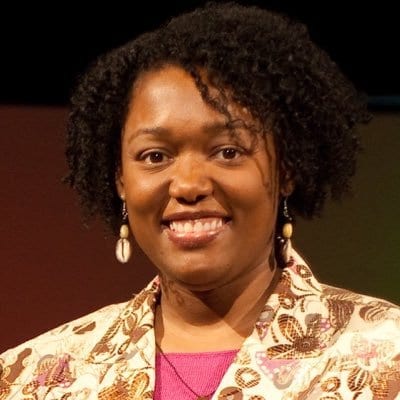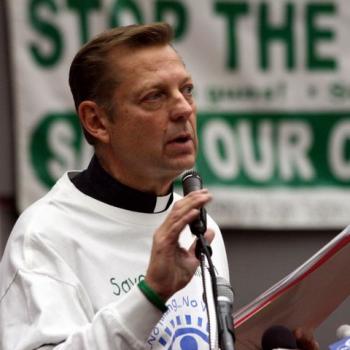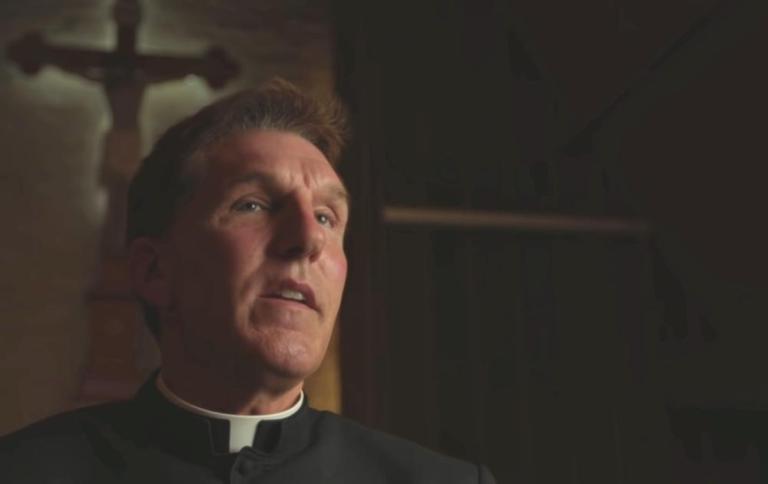
The Our Sunday Visitor weekly newspaper, where I have the privilege of serving as a contributing editor, has published some excellent essays this election season that clearly spell out the discernment process and the moral-ethical principles that serious Catholic voters are called to prayerfully consider before approaching their polling places on Election Day.
Some partisans would tell you that Catholics are obligated to vote a certain way or else they are not “real” Catholics, which is rubbish. In actuality, there are many factors for a committed Catholic to consider. Using the virtue of prudence with a well-formed conscience, Catholics of good will can come to different conclusions on a range of political topics, ranging from the economy, immigration policy, environmental regulations, the minimum wage, etc.
But abortion, you might say. Yes, abortion is a foundational issue – our rights mean nothing if we don’t have the right to be born – and the right to life is a preeminent issue as the bishops tell us in their introductory letter to their quadrennial election document, “Faithful Citizenship.”
But does that automatically require Catholics to vote for President Donald Trump, who is deemed the pro-life candidate when his opponent, Vice President Joe Biden, supports Roe v. Wade and the abolishment of the Hyde Amendment, which restricts taxpayer funding of abortions?
Not so fast. David Mills, writing Sept. 8 in “Abortion and Voting: What does the Church Teach?“, writes:
“Catholics are not single-issue voters, because the Church instructs us to consider many issues, because few candidates get it all right, and most get something very wrong. Some who seem to get it right don’t actually mean it and won’t act on it. Voting is complicated.”
Don’t get him wrong. Mills, correctly, points out abortion’s central role in our political discernment:
Abortion is the issue that most reveals what a candidate thinks about all the other issues, whatever his official policies are. It shows what he really thinks of the human person and therefore what kind of society he wants to create. It’s a focusing issue, the clearest expression of a practical commitment either to obey the moral law and protect the integral good of the human person, or to reject them.
How seriously can we take a candidate’s claims to help the poor if he doesn’t care if they live or die before birth? If he believes human dignity is something we choose to give them by letting them be born, not something they have?
Everyone knows the unborn child is a human child, even if they don’t admit it. The most vulnerable people alive, the unborn, show most clearly the need to believe in the dignity of the human person simply because they’re human beings. They’re the test case for whether one thinks human beings are fundamentally creatures to be honored and valued or things to be used and discarded. That’s why abortion is our preeminent priority.
In his Aug. 25 essay, “The Church does not tell us whom we can and can’t vote for, and here’s why,” Mills adds that what the Church teaches about voting, however, is a bit more tricky:
The Church recognizes that democratic politics is a matter of imperfect choices between inadequate or even corrupt candidates to achieve limited ends and the best result we can. Politics involves a lot of “ifs” and “what ifs” and “maybes” and best guesses and questions never quite answered.
No candidate in American history has held a completely Catholic set of positions. And even if one did, we’d have to ask whether he really meant it and whether he’d really follow it. In almost every election, especially at the national level, one candidate gives you one thing the Catholic wants and takes away another thing, and his opponent does the same thing in reverse. Voting requires mature reflection and often struggle. It is not something the responsible Catholic does according to a simple formula.
Elsewhere in OSV, fellow contributing editor Russell Shaw offers some great advice and insights in “How to form your conscience before voting.” He writes:
Conscience formation rules out narrow self-interest — whether on one’s behalf or on behalf of one’s class or group — and requires choosing on behalf of the common good. In his social encyclical Centesimus Annus (“The Hundredth Year”), Pope St. John Paul II makes the disturbing observation that, even in democracies, decisions are often based on “the electoral or financial power of the groups promoting them.” Who can seriously say that doesn’t happen in America?
Political Disagreements in Charity
To show how committed Catholics can come to different conclusions at the polling place, OSV published essays from four writers explaining their decisions to vote this year for Trump, Biden, Brian Carroll of the Solidarity Party, and in local elections.
In The Catholic Case for Biden, Sam Rocha writes the former vice president is the most rational candidate:
The bishops rightly assume that the Catholic who votes must be a rational person, capable of fulfilling the requirements of minimal reason. If these are the assumed characteristics of the voter, why not use them for the candidate as well? Which candidate best fulfills the principle of minimal reason? Who will read, listen and take counsel? Who will conduct himself as a rational person while in office? I believe that person is Joe Biden.
In The Catholic Case for Trump, says the president has moved American public policy in a pro-life direction:
He has repeatedly affirmed the truth about human life and about abortion in the most prominent possible settings — in State of the Union addresses, at the Republican National Convention and in countless other public statements. He has told the truth with a courage and consistency that no Catholic should overlook.
In The Catholic case for Brian Carroll of the American Solidarity Party, Charles Camosy says voting third party this year may be the best opportunity in recent history to move toward substantial change in our politics:
This is the closest thing we have to a party that is remotely consistent with Catholic teaching. It is deadly serious in protecting both the prenatal child and her mother. It is deadly serious about ecological protection of God’s creation. It is deadly serious about upholding religious liberty. It is deadly serious about welcoming immigrants and refugees. And it is deadly serious about protecting the rights and freedoms of workers in the economy.\
Finally, in writing about The Catholic Case for the Importance of Local Elections, Bill Kauffman says voting local is one way to escape the poisonous spiral of partisanship and polarization:
If politics must enter in, we should condition its demands by the Catholic principle of subsidiarity. In the bishops’ words, this is the principle that “larger institutions in society should not overwhelm or interfere with smaller or local institutions.” We protect and invigorate the local by restoring essential functions thereto. This will have the added benefit of stripping those larger institutions of their powers to make war on our families, our communities and on people across the sea.
Finally, don’t miss the great editorial that accompanies those essays. The OSV Editorial Board writes:
Many friendships and even family ties have suffered as a result of the political, social and religious divisions so prevalent in our country. But it doesn’t have to be that way. As Christians, we can and should help bring back the lost art of dialogue.
Those are wise words for us all to consider.












